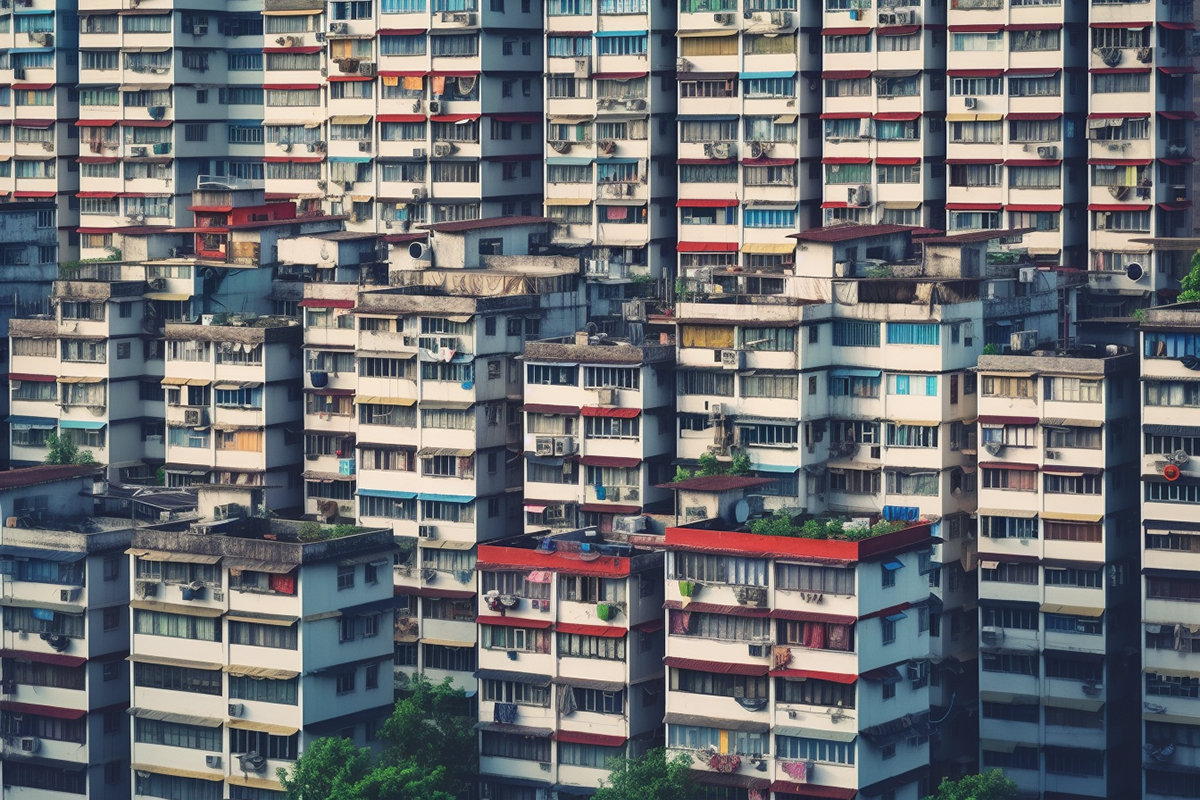In a revelation that has sent shockwaves through China’s financial circles, Zhongzhi, a prominent wealth management company with deep ties to the faltering property market, has declared a staggering shortfall of nearly £30 billion. This disclosure has unveiled the severity of insolvency issues within China’s shadow banking system, a sector known for lacking regulatory oversight compared to traditional banking. The crisis at Zhongzhi highlights the risks inherent in the shadow banking network. It underscores the broader challenges facing China’s real estate sector and its impact on the nation’s economic stability.
As reported by the Financial Times, Zhongzhi’s candid admission in a letter to shareholders paints a grim picture of a company with assets totalling 200 billion yuan—dwarfed by its towering obligations of up to 460 billion yuan. The company traces the root of its financial woes to an internal governance meltdown following the exit of key senior executives, leading to what it described as “internal management ran wild.”
The tremors were first felt when Zhongrong International Trust Co, part of the Zhongzhi group, failed to pay for several investment products earlier in the year, with a significant portion of its assets tied to the property industry. This incident indicates a more substantial problem within China’s property sector, which has been suffocating under a liquidity squeeze exacerbated by government-imposed debt curbs on developers.
The repercussions have been extensive: unfinished apartments dotting the landscape, homebuyers halting mortgage payments on yet-to-be-built homes, and a noticeable drag on China’s GDP growth. Data from Nomura suggest a concern about the exposure of trust funds to real estate, with actual borrowing levels by developers possibly much higher than reported.
In response to investor losses, Zhongzhi apologized and acknowledged the gravity and urgency of mitigating the risks. Meanwhile, the Chinese government has initiated measures to address the property sector’s crisis, propping up major developers to stem the tide of defaults and market instability.
The unfolding situation at Zhongzhi has reignited fears of broader economic contagion within China’s economy as the property sector—a critical component of the GDP—lurches towards recovery after being hit by regulatory changes and stringent COVID-19 restrictions. While the Chinese government’s intervention strategies have provided some reprieve, the state’s support for Zhongzhi remains uncertain. Analysts like Christopher Beddor from Gavekal Dragonomics anticipate a decisive regulatory intervention if Zhongzhi’s crisis shows signs of spreading. However, there’s skepticism about a full-scale bailout given the company’s size relative to the entire financial system. As China grapples with these economic tremors, the world watches closely, aware of the potential global implications of a faltering Chinese economy.







